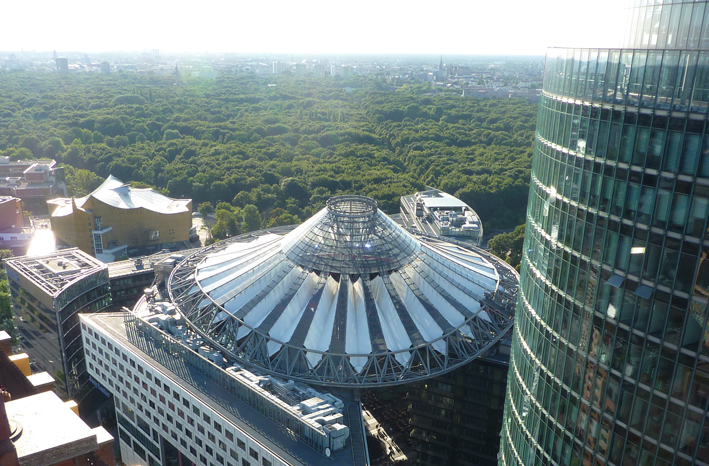There are several reasons for short-termist decision-making, and just as many ways to bolster long-term thinking. How might Finland better defend the interests of future generations in decision-making?
In this respect, Finland fares reasonably well – better than we Finns might think. One could even argue that our country’s long-term policies are top notch by global comparison.
Finland has strong futures expertise. Foresight is embedded in the activities of the Prime Minister’s Office, the Finnish Innovation Fund Sitra and the regional councils, among other institutions. Relevant research is conducted at the University of Turku’s Finland Futures Research Centre.
A Government Report on the Future is drawn up each term, in order to explore key long-term perspectives. The public debate on the report increases our awareness of future challenges.
The Constitution of Finland makes no direct reference to future generations. However, section 20 of the constitution refers to one of the key challenges of the future, safeguarding the environment for future generations: “Nature and its biodiversity, the environment and national heritage are the responsibility of everyone.”
Decision-making is supported by expertise provided by public sector research institutions such as the Technical Research Centre of Finland (VTT) and the Finnish Environment Institute. I have had the privilege of participating in the preparation of a national panel on climate change (in Finnish only), which comprises independent experts. A similar expert body – the Economic Policy Council – has been established for the economic policy sector.
Young politicians have fared well by global comparison. Based on my experience as Finland’s youngest MP for many years, senior politicians treat their younger colleagues well.
The Parliamentary Committee for the Future is a unique solution, even in global terms. This is a cross-party committee of MPs brought together to discuss the challenges Finland will face in the future and how to tackle them. In a way, this is a think tank inside the Finnish Parliament.
We therefore have a fairly firm foundation. However, even here in Finland there are many ways in which we could be more future-oriented. Here are three examples.
1. The next time we revise our constitution, we should include a clause on the rights of future generations. Many countries can provide a model for this.
2. As in Sweden, the future should form part of the portfolio of one of our ministers. The responsibilities of a minister for the future could include foresight and the Government Report on the Future. He or she could also be tasked with reminding others to take account of the future in all decision-making – just as the Minister of Labour focuses on employment issues and the Minister of Culture deals with cultural issues.
3. Finland should follow the example of Israel and Hungary by appointing an independent ombudsman (or commissioner) for the future. We could use our Ombudsman for Children and Ombudsman for Equality as models for such a post. The role of the Ombudsman for the Future should include the power to initiate legislation.
In certain respects, Finland has quietly taken its place among the top countries in terms of long-term policymaking. New tools could help us secure our position as a frontrunner in this respect.


















Recommended